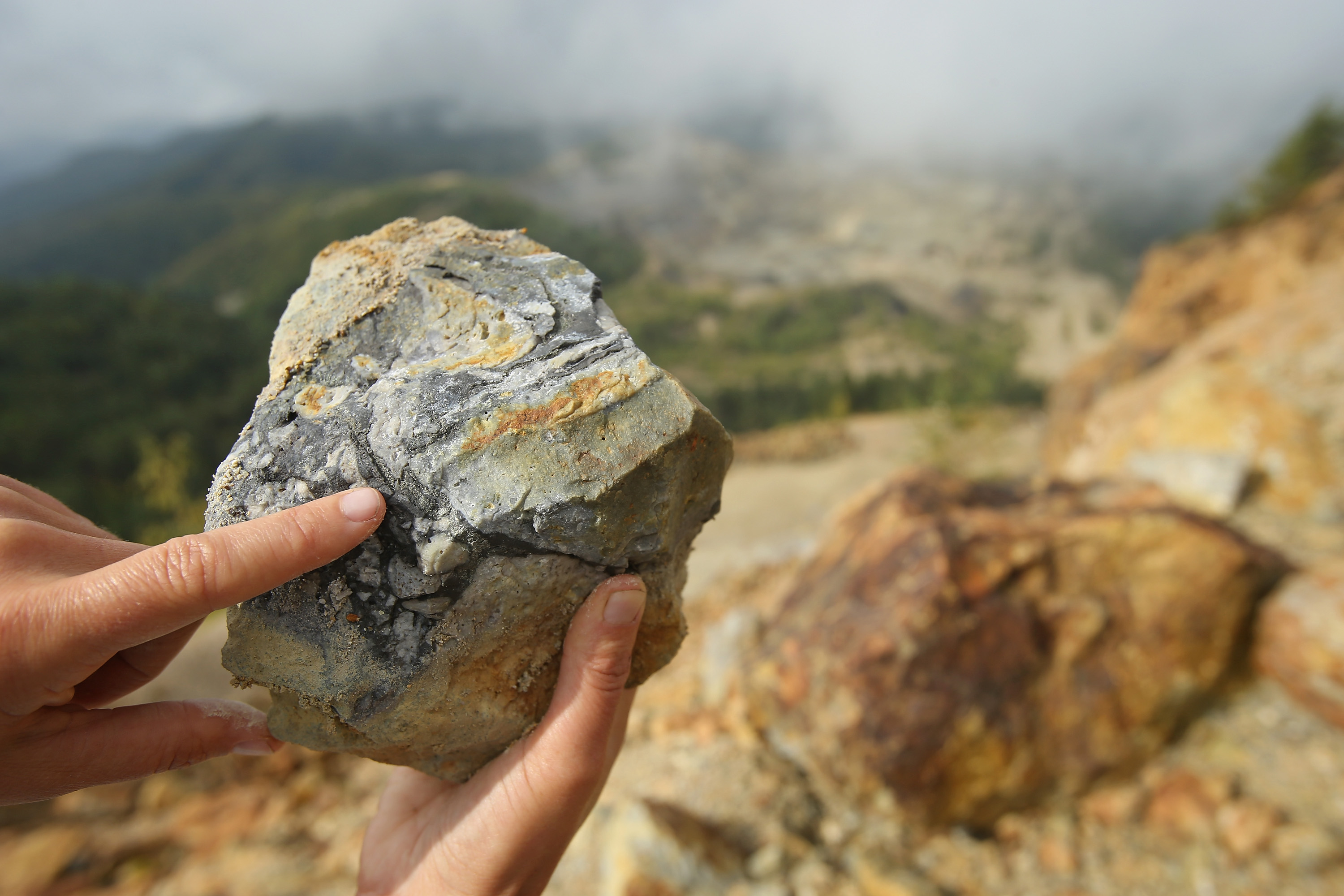This mineral could save the Earth from global warming

A free daily email with the biggest news stories of the day – and the best features from TheWeek.com
You are now subscribed
Your newsletter sign-up was successful
Most people agree that climate change is a huge problem for the modern world. And for many, stopping the warming of the Earth — let alone reversing the damage that has already been done — seems impossible.
But maybe not for much longer.
A group of scientists from Trent University in Ontario, Canada, have discovered a way to use a naturally-occurring mineral to tackle one of the biggest culprits behind climate change: carbon dioxide. The buildup of it and other greenhouse gases in our atmosphere are what causes the Earth's temperature to rise. But the formation of magnesite, a mineral comprised of magnesium, oxygen, and carbon, has the power to take that harmful carbon dioxide back out of our atmosphere, Popular Mechanics reported.
The Week
Escape your echo chamber. Get the facts behind the news, plus analysis from multiple perspectives.

Sign up for The Week's Free Newsletters
From our morning news briefing to a weekly Good News Newsletter, get the best of The Week delivered directly to your inbox.
From our morning news briefing to a weekly Good News Newsletter, get the best of The Week delivered directly to your inbox.
On its own, magnesite forms incredibly slowly in nature — it can take up to hundreds or even thousands of years, Newsweek explained. But this team of researchers has created a method to form the mineral in just 72 days. The process is sustainable and "extremely energy efficient," said Ian Power, the project leader, in a statement at the Goldschmidt Conference, an international conference on the field of geochemistry.
Of course, forming magnesite in a lab is still a far cry from actually deploying it to fight climate change, Inverse reported. But reducing atmospheric carbon is seen as the single most powerful thing we can do to protect the Earth from worsening climate change — and this promising research may develop into a real strategy.
Read more about magnesite and the way it works at Popular Mechanics.
A free daily email with the biggest news stories of the day – and the best features from TheWeek.com
Shivani is the editorial assistant at TheWeek.com and has previously written for StreetEasy and Mic.com. A graduate of the physics and journalism departments at NYU, Shivani currently lives in Brooklyn and spends free time cooking, watching TV, and taking too many selfies.